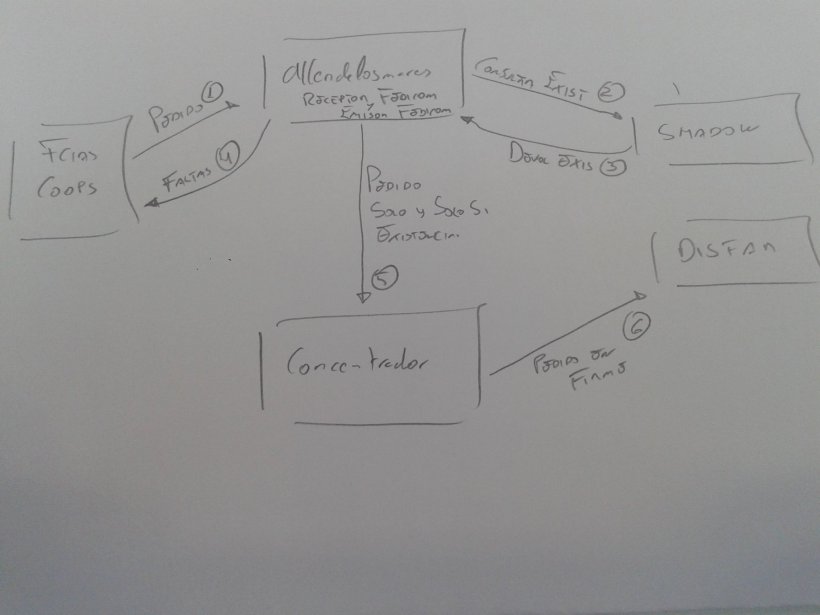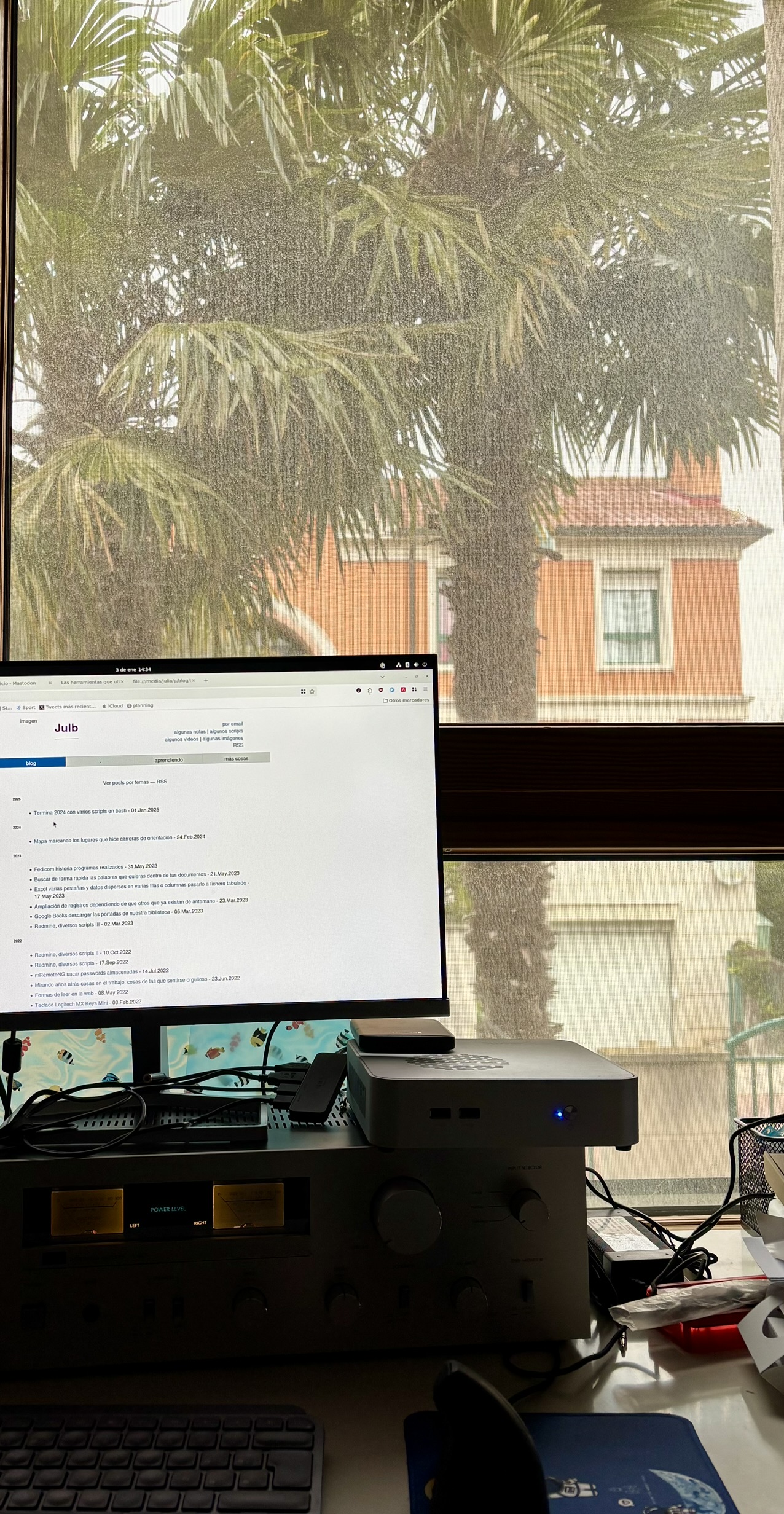Fedicom Server with Go
Fedicom is a protocol designed to send orders from pharmacies to warehouses. The pharmacy transmits his order to the warehouse responds immediately with the products that can not be served and other relevant information, so it's a powerful utility.
I think the best way to learn a new programming language is with a project on mind, so my challenge to learn Go was to create a Fedicom Server. Además I've never worked with concurrency so It was a big challenge added for me.
I used my Server in DigitalOcean to implement my Go project.
Concurrency is not easy to understand, and I think I don´t get it yet, so I don´t dare to publish my code here. Always the first program you made when you are learning a new program language can produce laughs when It's seen from years after.
To test my code I needed a program to send Fedicom Orders, so I can test my server at the other side. Fortunately I made along years several programs to send Fedicom orders, in Delphi, Python and Flask.
At this moment the Fedicom Server can receive orders but It´s not coneccted to any ERP so I leave every order it receives in text files to be processed.
But perhaps I will implememt this for my company if I had time ...

==More information:==
++This is an order example:++
```
0101201604142029071515 413241
10101218 888888 870 00000903300 00000000
102000000071213110001
102000000012345670000
10300000009923949002300003000
102000000123412340005
102000000000234120005
102000000324423410005
102000000003431450034
102000004355445240005
102000000012345450004
102000000004525650065
102000000452525250012
102000004542525230012
102000000055442430006
102000000002454520005
102000000045245450001
102000001454655630001
102000000045452540004
102000002544254520002
10500018000190000000
0199
```
++And this can be the response to the pharmacy:++
```
0101201512091133071
20101 000000000000Pedido sin incidencias
0199
```
++This is the output I generate in the Fedicom Server to be procesed:++
```
~/work/src/fedicom$ cat 20160414_204615_1515_1218_59575.txt
[principal]
usuario=1515
cliente=1218
tpedido=870
pedido=888888
dtopedido=33.00
aplazamiento=090
fechaenvio=00000000
[articulos]
0000000023412=5
0000032rr2341=5
00004355t4524=5
0000000452565=65
0000007121311=1
0000045252525=12
0000454252523=12
0000005544243=6
0000145465563=1
0000001234545=4
0000000343145=34
0000004524545=1
0000004545254=4
0000012341234=5
0000009923949=23;0;30.0
0000000245452=5
0000254425452=2
0000001234567=0
```
++I said I'm not going to publish my code yet, but in advance...++
```
import (
"log"
"net"
"fedicom"
)
func main() {
// Listen on TCP port 1111
l, err := net.Listen("tcp", ":1111")
if err != nil {
log.Fatal(err)
}
defer l.Close()
for {
// Waiting for connections.
conn, err := l.Accept()
if err != nil {
log.Fatal(err)
}
// multiple orders may be served concurrently.
go fedicom.Fedlee(conn)
}
}
```
